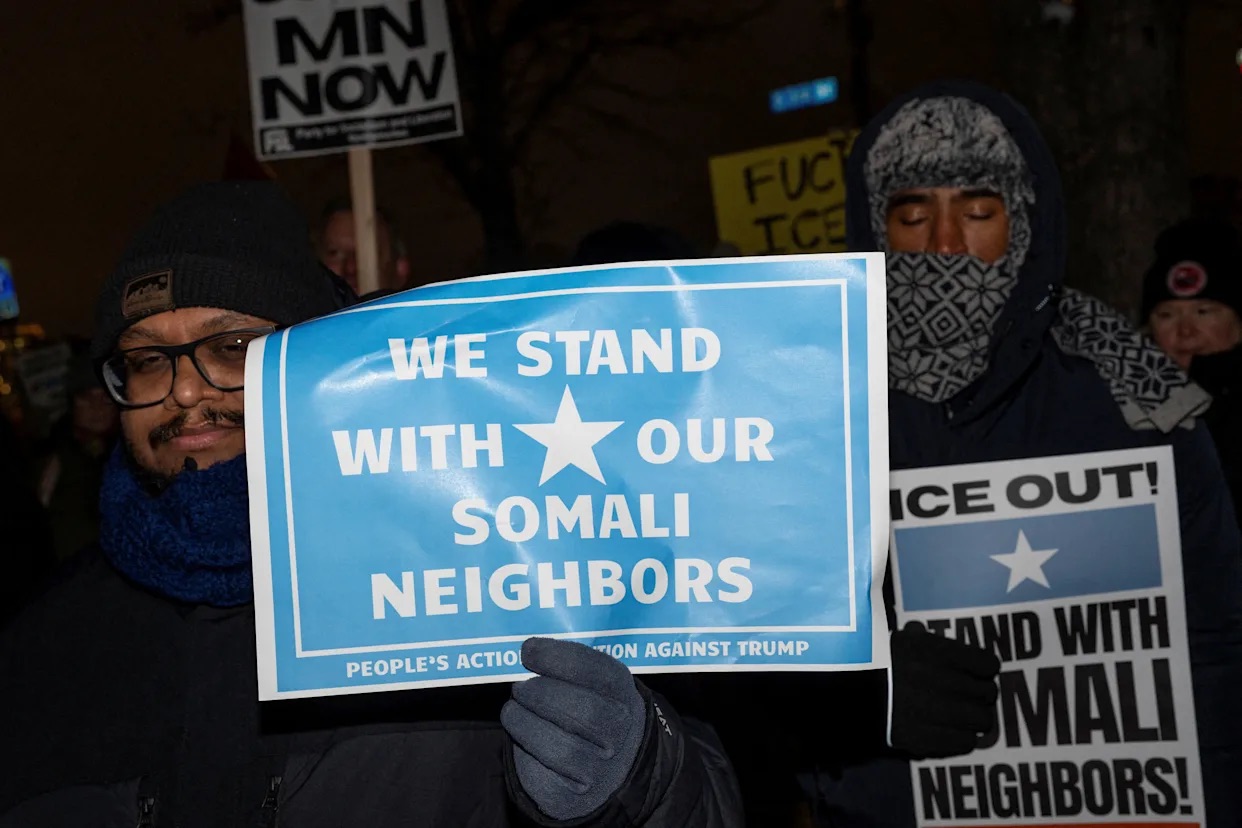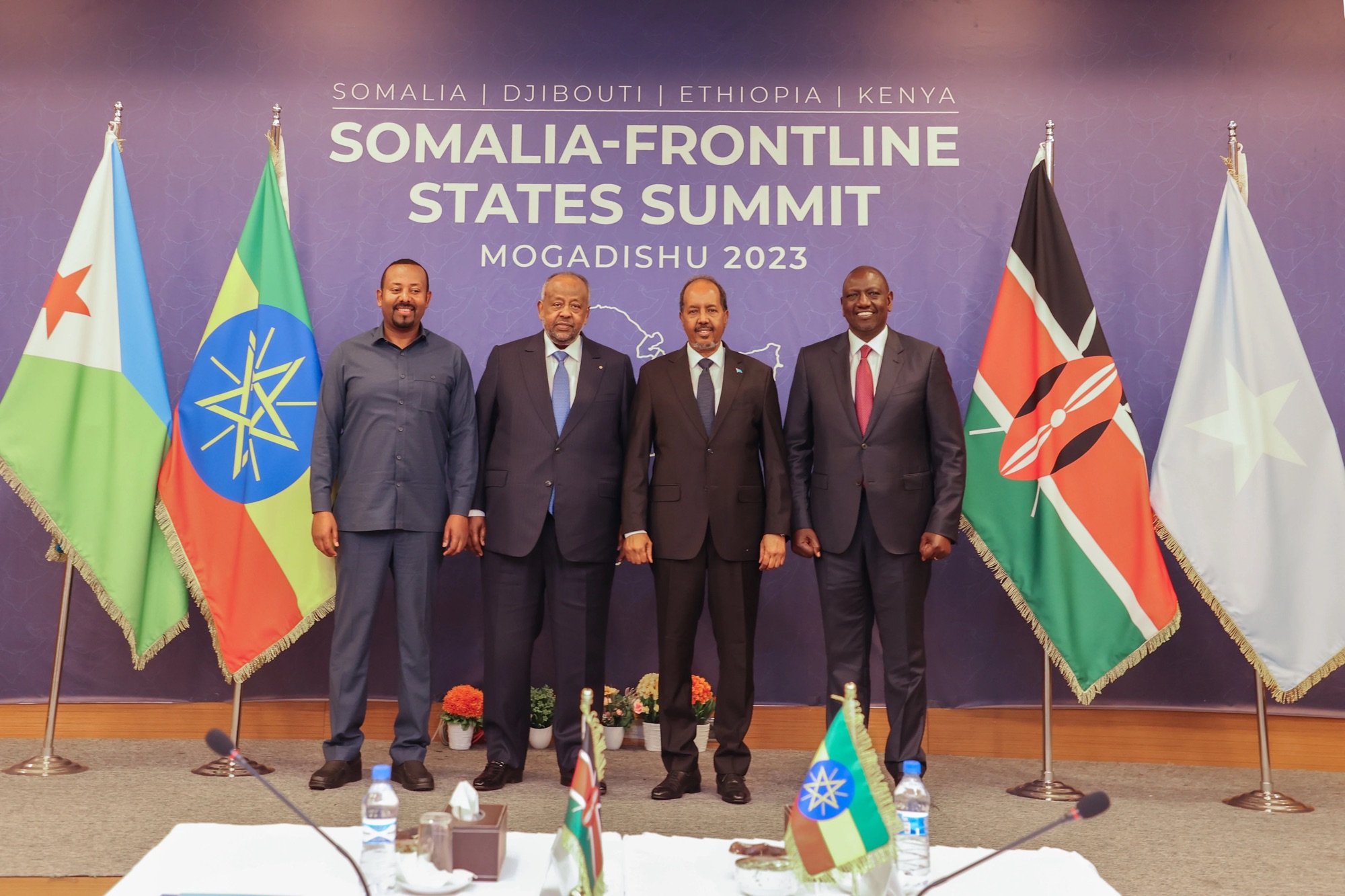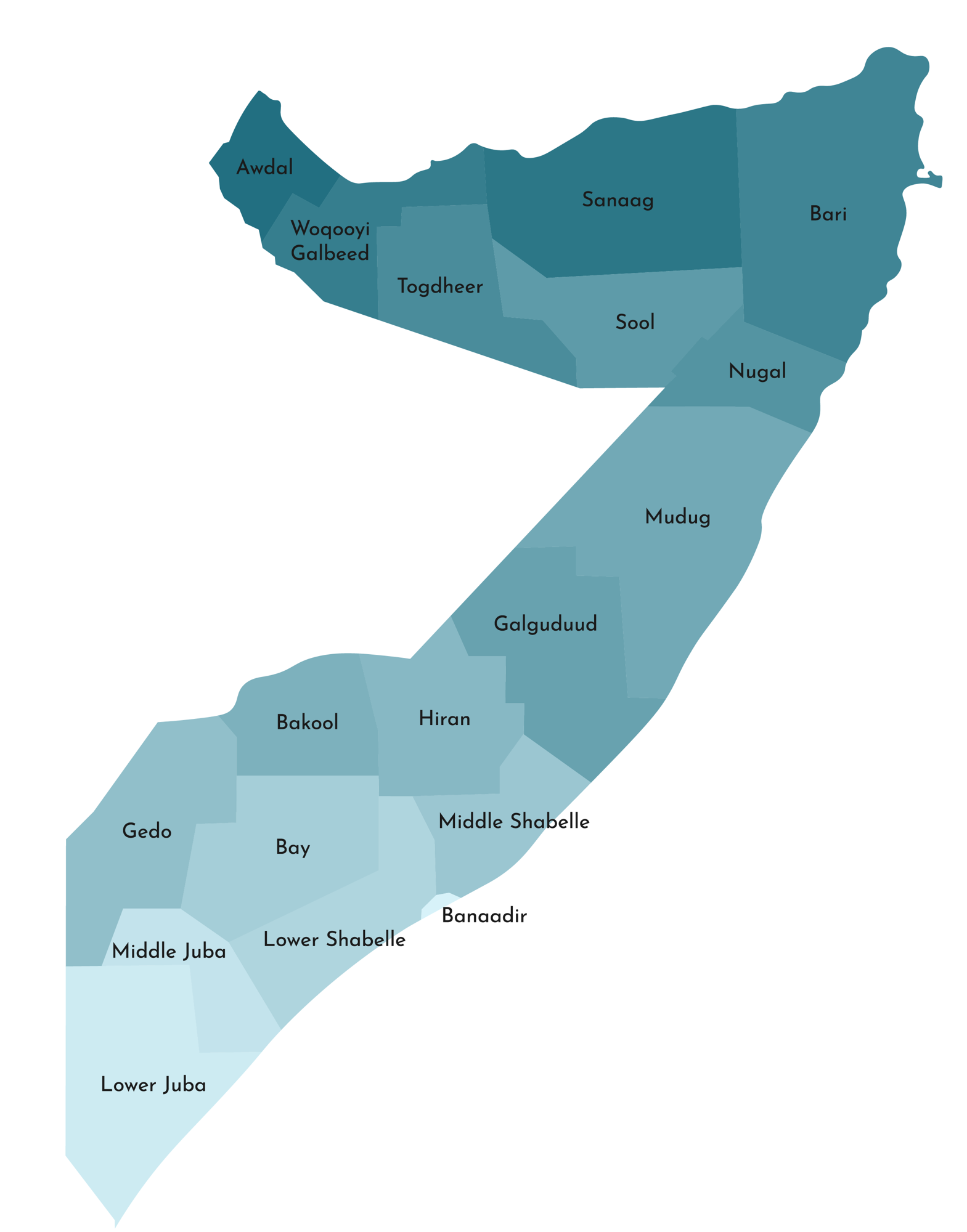
A football match last week between a Mogadishu-based team and the Kenya Police team at Nyayo Stadium has turned into a flashpoint for renewed hostility against the Somali community in Kenya. What should have been a simple sporting event ended in ugly scenes of racism and xenophobia, exposing the jealousy that fuels hatred against Somalis in the country.

The Incident at the Stadium
The match, which attracted large crowds, was tense from the start. Fans clashed in heated scuffles as the game wore on. In the middle of the chaos, two Somali teenage boys dropped the Kenyan flag and stepped on it. Within moments, some sections of the crowd erupted, chanting racist and xenophobic slogans targeting Somalis.
Community leaders and Somali Kenyans have been quick to condemn the boys’ actions, stressing that they do not represent Somalia or Somalis as a whole. “These were young boys acting recklessly. Their actions cannot and should not define an entire community,” one Somali elder explained.
A Clear Double Standard
What has angered many Somalis is the glaring double standard in the way the flag incident was treated. Just days before, a woman from another Kenyan community was caught on video jumping on the national flag at the very same stadium. Her actions attracted no outrage, no arrests, and no condemnation.
Yet, the Directorate of Criminal Investigations (DCI) swiftly arrested the two Somali boys, while the woman and her companions walked free. To many, this selective justice confirms that the flag incident is being used as a convenient excuse to fuel an already existing hostility against Somalis.
Somalis in Kenya: Citizens, Leaders, and Builders
The Somali community is not foreign to Kenya. In fact, many are citizens who own vast tracts of land, particularly in northern Kenya, and run successful businesses across the country. From Nairobi’s Eastleigh to Mombasa, Eldoret, and Garissa, Somali entrepreneurs have created jobs, built industries, and contributed to Kenya’s economy.
Somalis are also respected leaders, serving in high-ranking positions in government, politics, and the private sector. Their resilience, hard work, and determination have allowed them to thrive, often against difficult odds.
It is this success that has attracted resentment. “This is not about the flag. This is about jealousy,” said a Somali business leader in Nairobi. “For years, we have worked hard, and instead of matching that effort, some people choose to hate and undermine us.”
A Dangerous Narrative
By turning the actions of two teenagers into a reason for collective hatred, communities risk inflaming dangerous divisions. Hate speech, racism, and xenophobia not only threaten Somalis but also undermine Kenya’s unity as a multi-ethnic nation.
Somalis emphasize that they are as Kenyan as any other tribe, and they reject being treated as second-class citizens. “We will not apologize for our success,” one community elder said. “And if our lives and property are endangered, we will defend ourselves like any other Kenyans would.”
Rule of Law Must Apply Equally
The Somali community is now calling on the government and law enforcement agencies to apply justice fairly and equally. Selective arrests and double standards only worsen divisions and create resentment.
“The rule of law must be blind to tribe,” said a Somali youth leader. “If a Somali boy can be arrested for disrespecting the flag, then so should anyone else, regardless of their ethnicity. Anything less is injustice.”
Moving Forward
Somalis in Kenya are clear in their message: the country must rise above jealousy and hatred. Every community should focus on working hard, building businesses, and uplifting themselves rather than tearing down those who succeed.
Somalis will continue to thrive, contribute, and lead. They will remain proud Kenyans—unapologetic for their wealth, resilience, and achievements. And while they seek peace, they also make it clear: they will not be intimidated, silenced, or pushed into the margins of Kenyan society.



